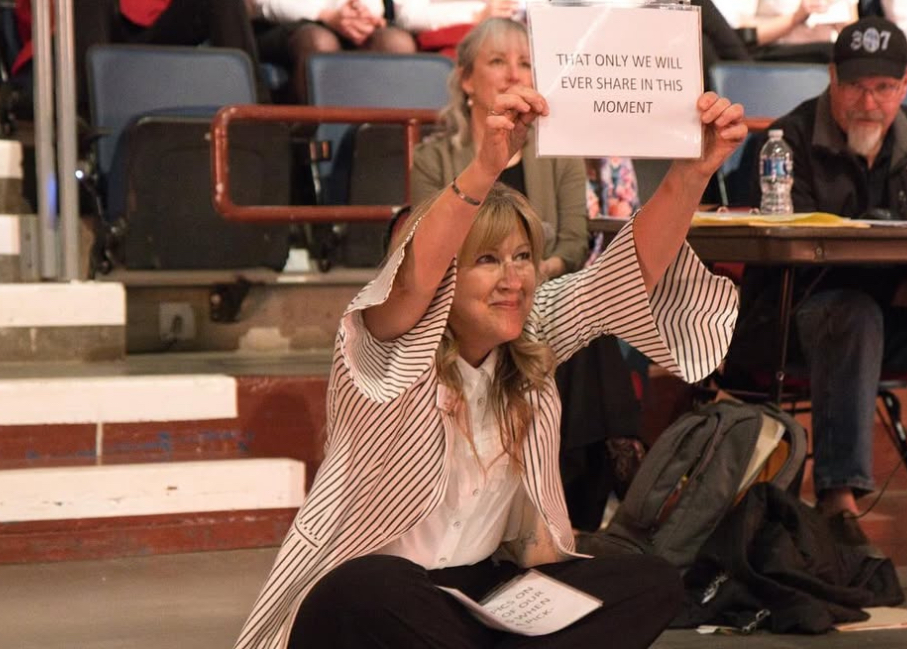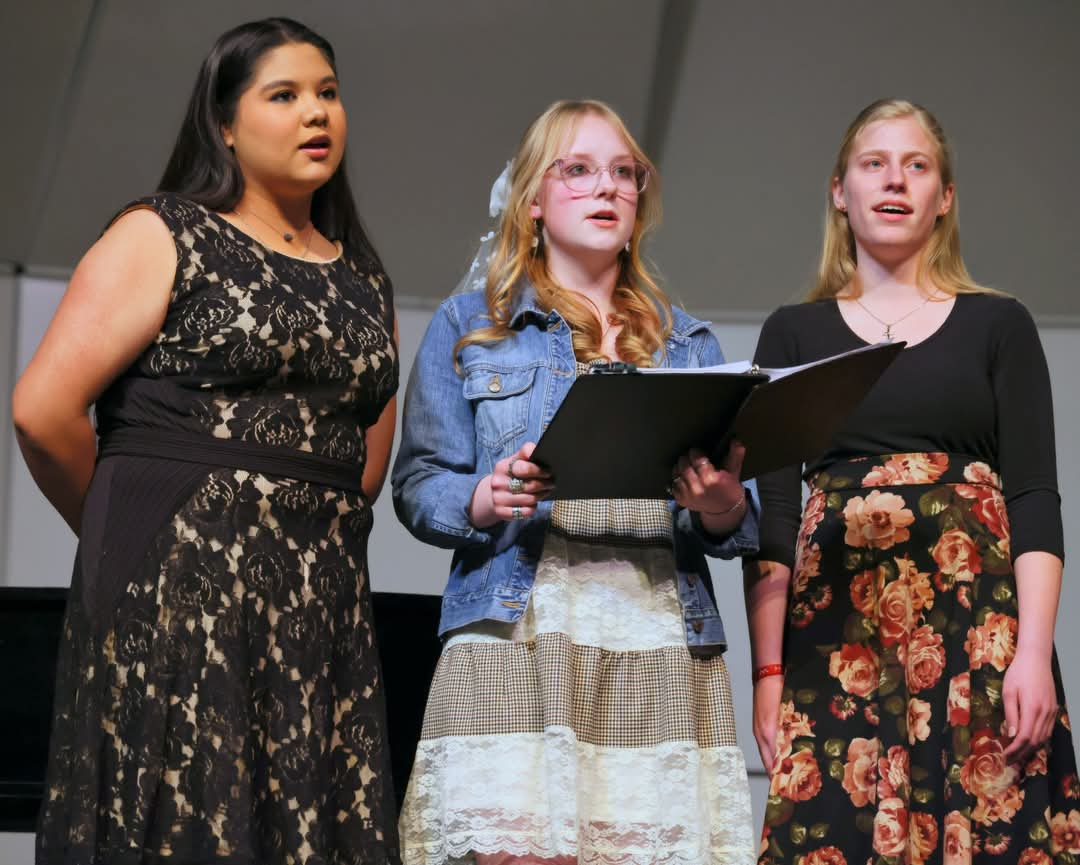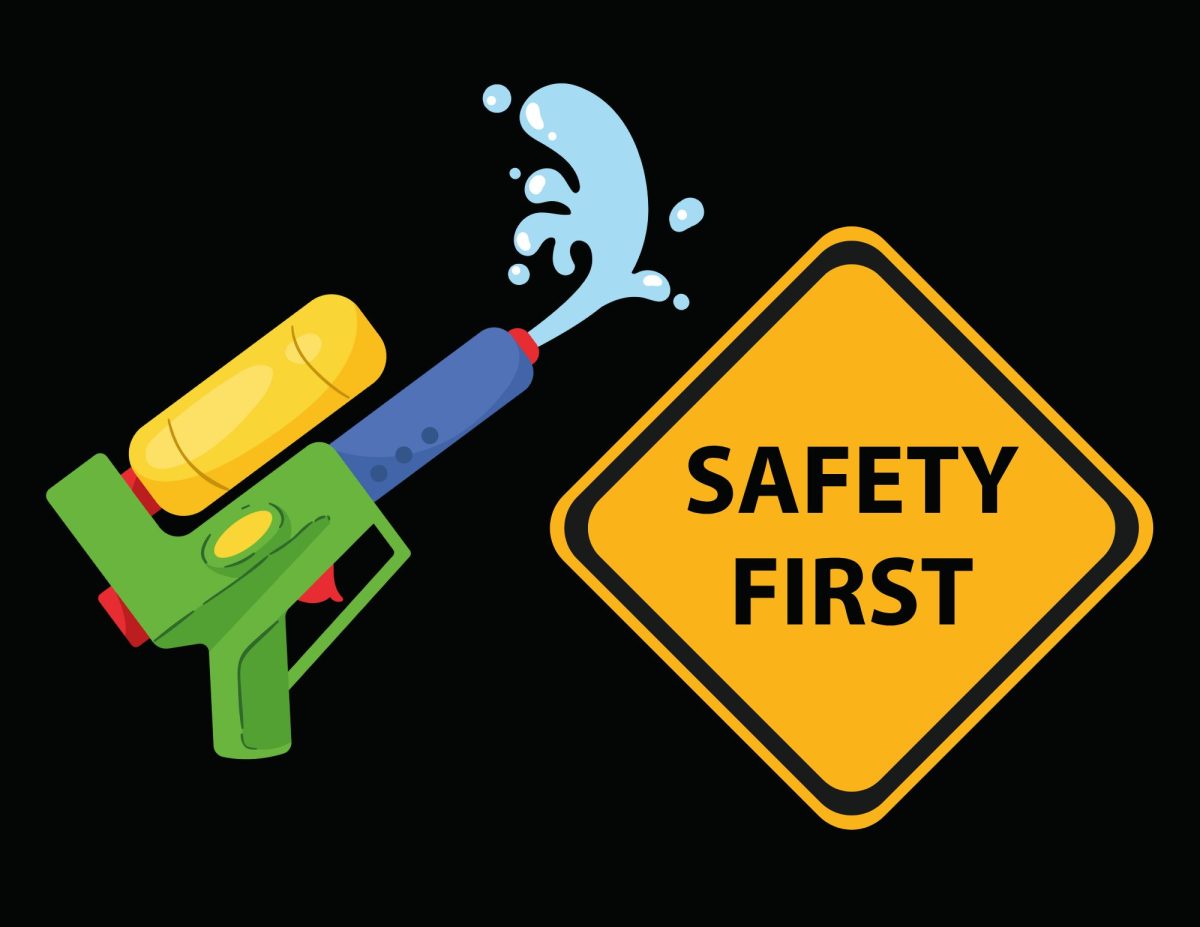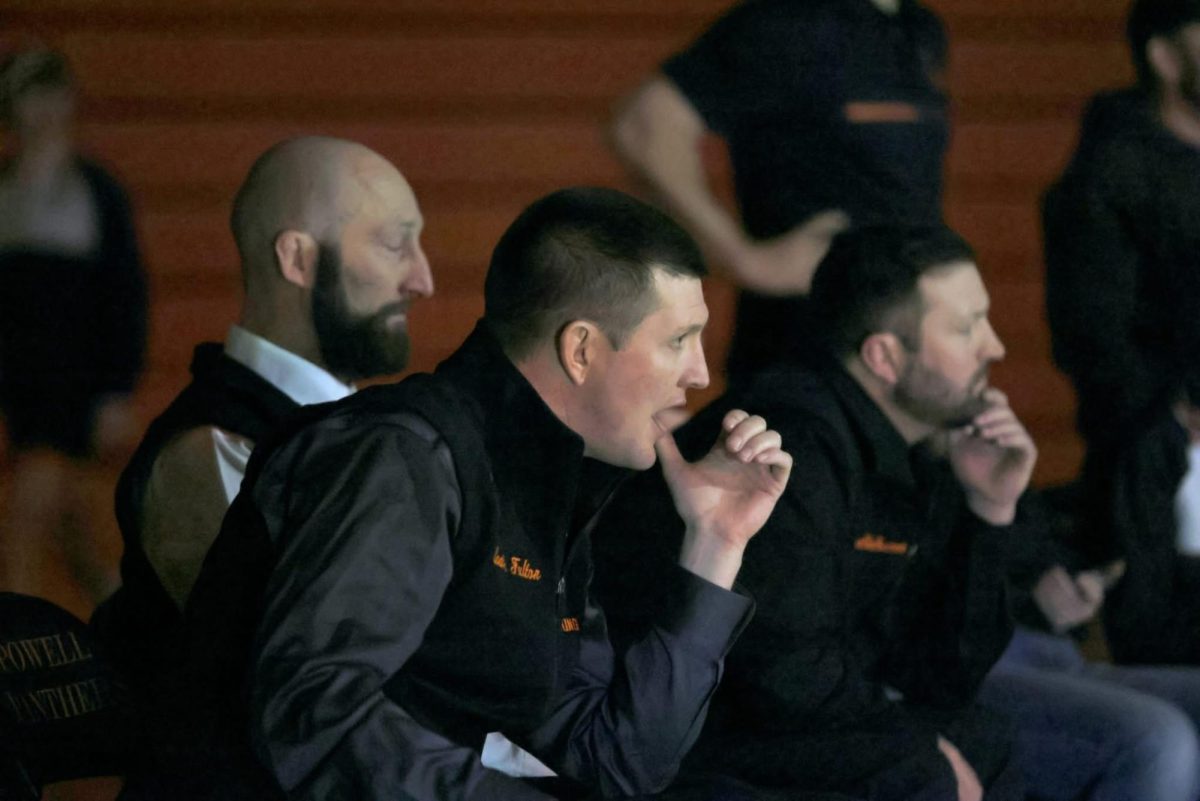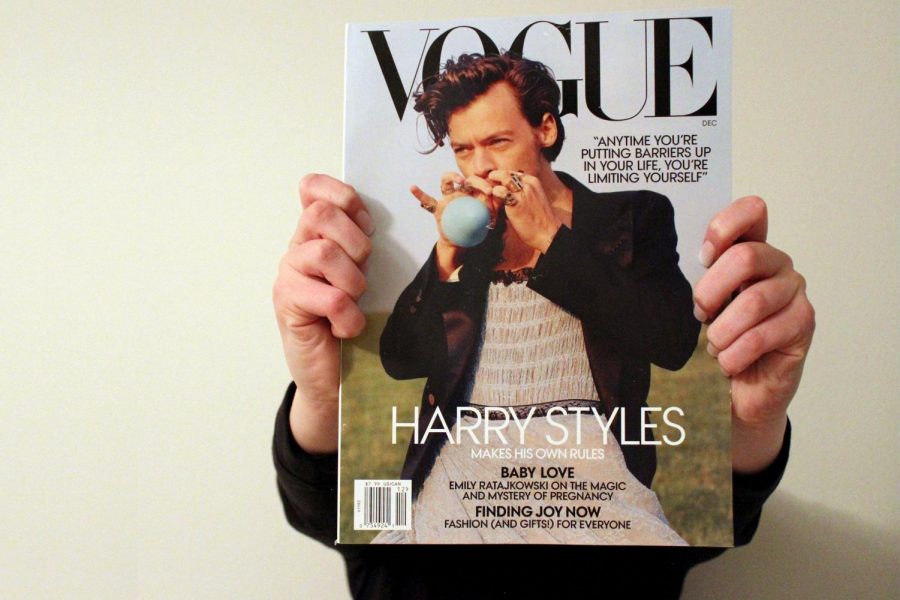REAL MANLY MEN
Is it time for men step back from their traditional gender roles?
Harry Styles on the cover of the December issue of Vogue Magazine. While the cover made history, it also ignited controversy around the topic of what defines a manly man.
“Be a man!”
“Oh suck it up.”
“Stop acting like a girl.”
Day in and day out, these phrases are used to belittle men who express their feelings and interests openly. It seems the idea that men experiencing emotions or enjoying activities the same way women do takes away from one’s manhood.
Men and women have had societal gender roles for as long as we can remember.
Women are supposed to be the kind, emotional, and nurturing caretakers of the home, while men are the stone cold, emotionless protectors.
“I think there is this idea that men take care of everything external and women are more like the reassuring [role],” homeschooled PHS athlete and senior George Higgins said. “I think that [gender roles] have been around for a long time.”
However, throughout history the requirements of a “real man” have drastically changed. From The Knights of the Round Table (like Lancelot) to the Christian Messiah Jesus, all were documented freely expressing emotions without public backlash. Historical male figures would cry openly about various things, and it was never seen as feminine or degrading to one’s masculinity.
“I think that individually, boys and men are not as vocal about [emotions] because they fear something,” Higgins said. “[Men] fear that if they put something out there that’s real and it’s not received well, then that important part of them is going to be broken.”
Another situation in which men are often called less “manly” is when they take part in any activity that is classified as “strictly for women.”
Recently, male public figures such as singers Shawn Mendes and Harry Styles have been pushing and questioning the societal boundaries of what it means to be a man. With this pressure placed on so called traditional thinking, it seems that some are intimidated.
On Dec. 4, Mendes published his album “Wonder,” which brought to light his internal struggle with the unrealistic expectation surrounding how men should deal with emotions. The lyric in the title song “Wonder” that specifically addressed this is, “I wonder, when I cry into my hands, I’m conditioned to feel like it makes me less of a man…”
When Styles made history on Nov. 13 as the first solo male on the cover of Vogue Magazine, he came under attack by Republican political activist Candace Owens for appearing on the cover in a dress.
“There is no society that can survive without strong men,” Owens said in a tweet on Nov. 16. “In the west, the steady feminization of our men at the same time that Marxism is being taught to our children is not a coincidence. It’s an outright attack.”
However, the cherry on top of this aggressive tweet was the claim she summed it all up with: “Bring back manly men.”
What exactly defines a manly man though? Is it someone who is conditioned to fit one stereotype of a man to feel more manly? Or is it someone who is confident enough to publicly reveal their emotions and put pressure on typical gender stereotypes?
While the term manly man may be used to describe a burly, hard headed and stoic male in today’s world, I am personally all for bringing back the sensitive, emotional, confident and REAL manly men … like Mendes and Styles.



